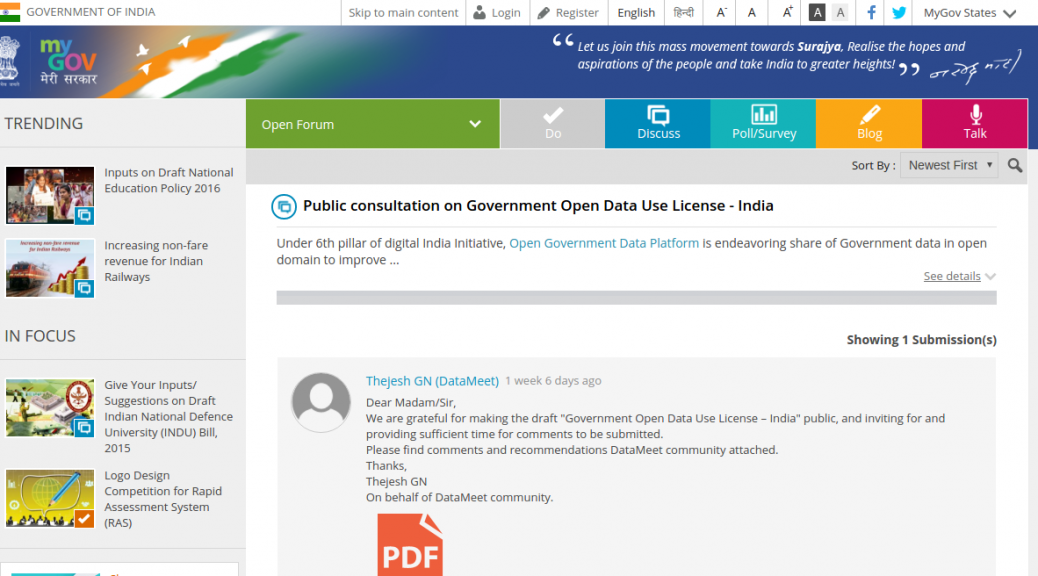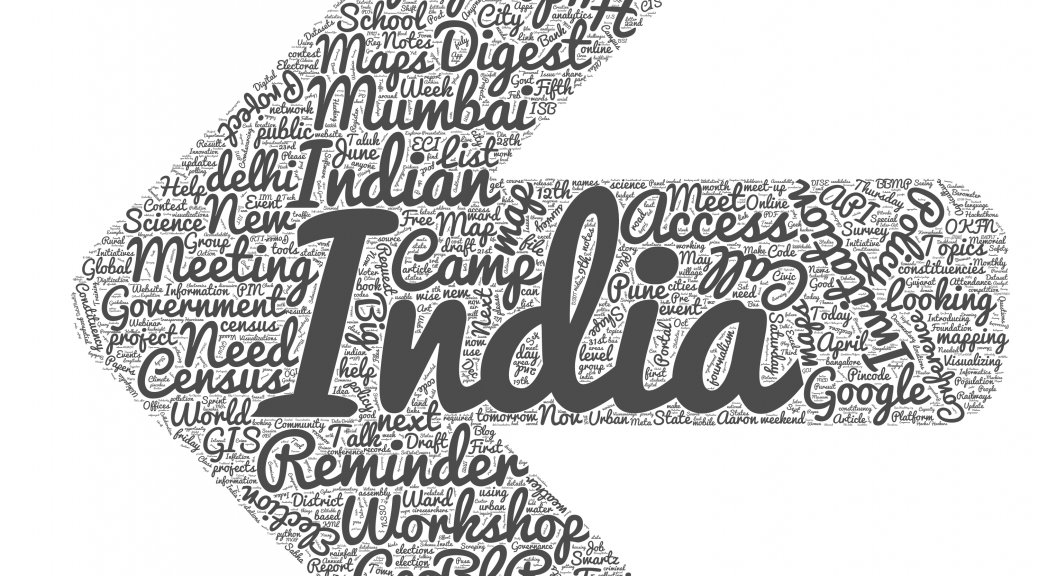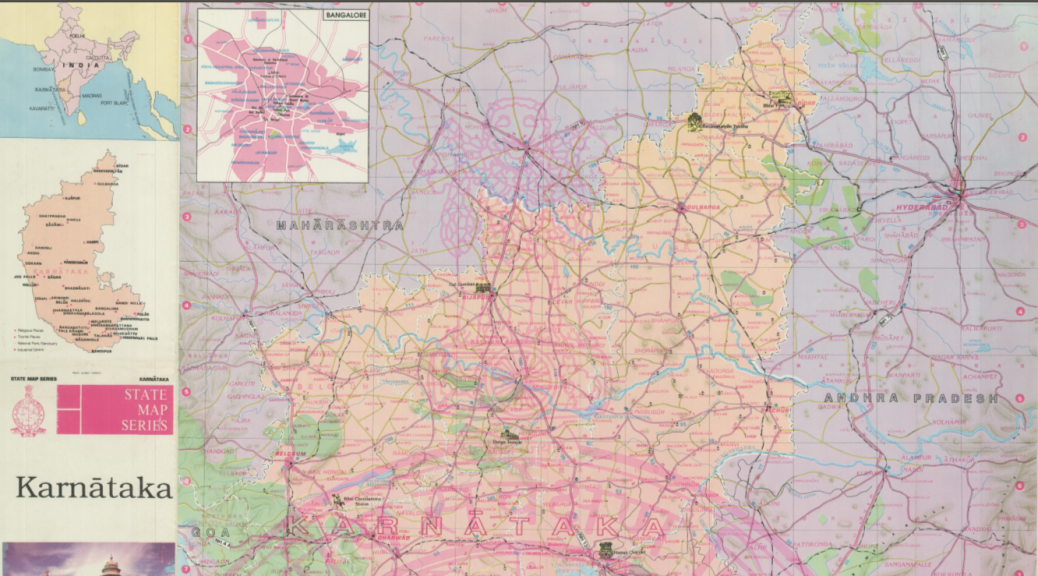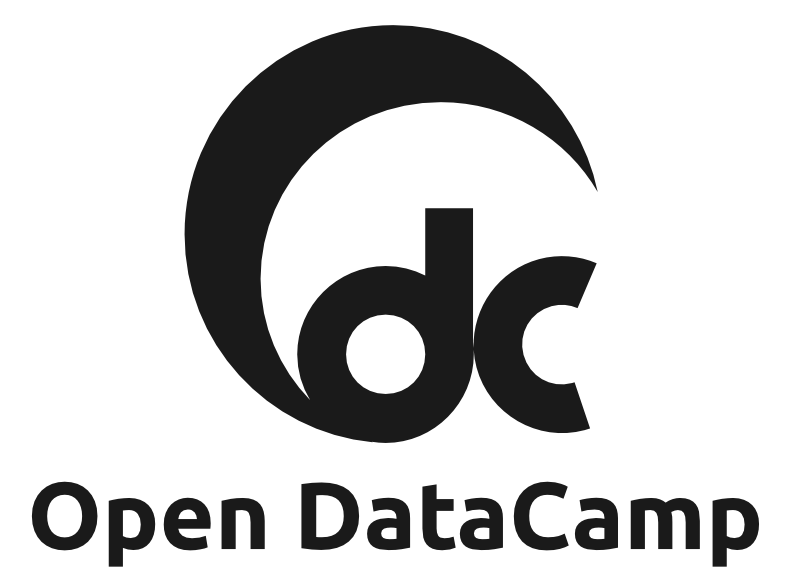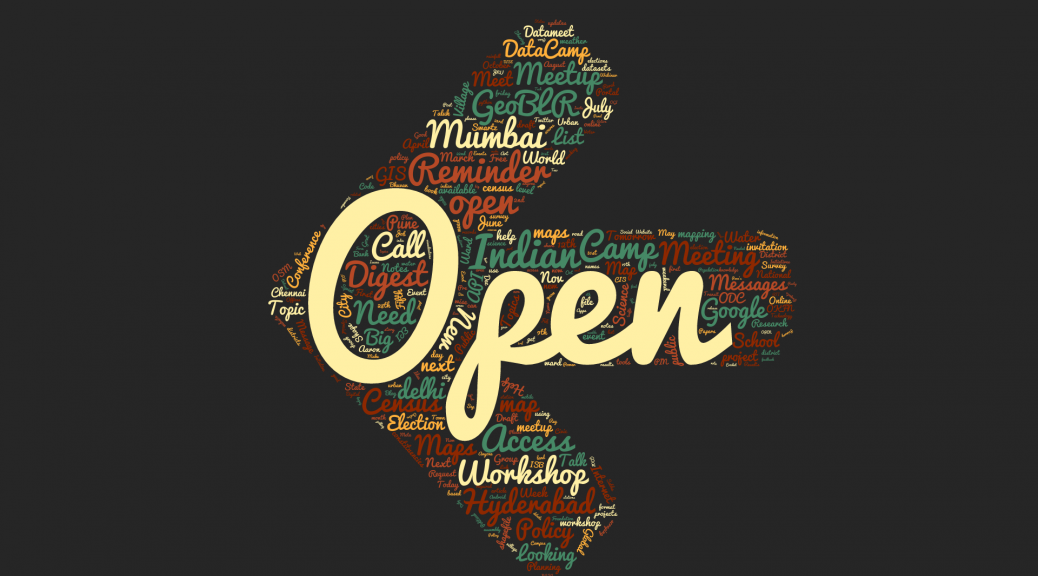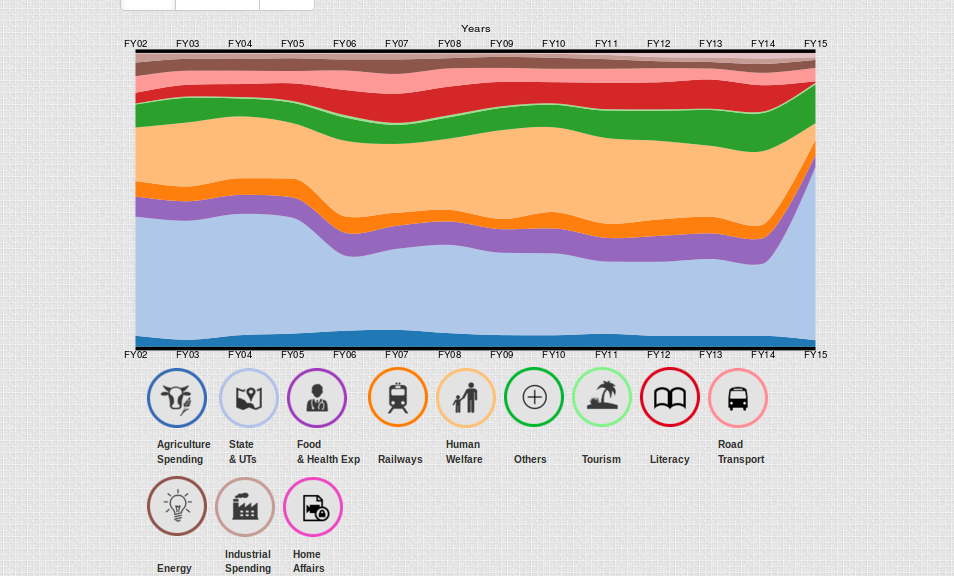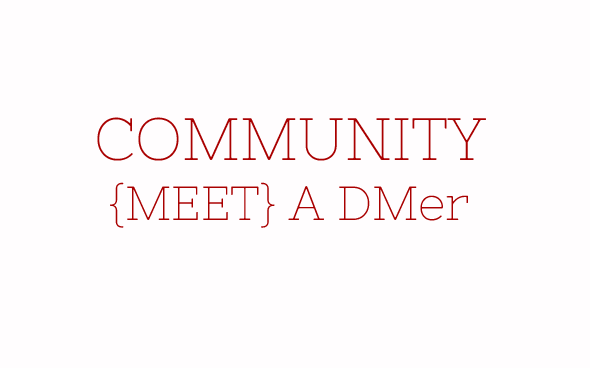Sikkim was the first state to come up with its own Sikkim Open Data Acquisition and Accessibility Policy (SODAAP) on the lines of National Data Sharing and Accessibility Policy (NDSAP). Continuing to lead Sikkim is now officially the first state to have its own data portal we are really happy to see this development and hope more states follow. DataMeet has been carrying consultations with officials of Sikkim in framing the policy and helping them with workshops and insights to use the data. Honorable Member of Parliament Dr. Prem Das Rai has also been our keynote speaker during the Open Data Camp 2015 at Delhi sharing experiences about the on-going work in Sikkim.
As emails were being pushed about the launch of the portal on 15th July, we were alerted about sensitive data being published through the data portal by Abhay Rana. Two datasets on the portal had sensitive information like 1) name, 2) religion, 3) caste, 4) father’s name, 5) mother’s name, 6) gender, 7) birth date, 8) residential address, and 9) information regarding disabilities (if any) of school children, teachers with additional detail of marital status for the teachers. We alerted both NIC and the chief data officer in charge for the datasets to get them taken down immediately. Open data does not promote any sensitive information being shared publicly and it violates the very core principles. We applaud the quick response by the data controller in response.
It was an unfortunate accident that sensitive information not to be published under the policy was shared through the data portal. NDSAP along with SODAAP has mandates for every department to make sure sensitive information has restricted access and is not to be published. This incident is not the first where we encountered sensitive information was being published by government officials. Most of the times such information is in the public domain by accident or due to lack of awareness among officials about type and parameters available under the datasets. More incidents like this can harm officials from publishing further data and is a threat to the ecosystem of open data.
As more and more data becomes part of the public domain it is important that we all can work together to ensure that we do not violate privacy or put up sensitive data. More guidelines and frameworks are needed to maintain and report sensitive data which is already public.
We request you to bring to our attention if any sensitive information is being published under the pretext of open data. For now explore the new data portal and use open data to bring positive change in your community.
